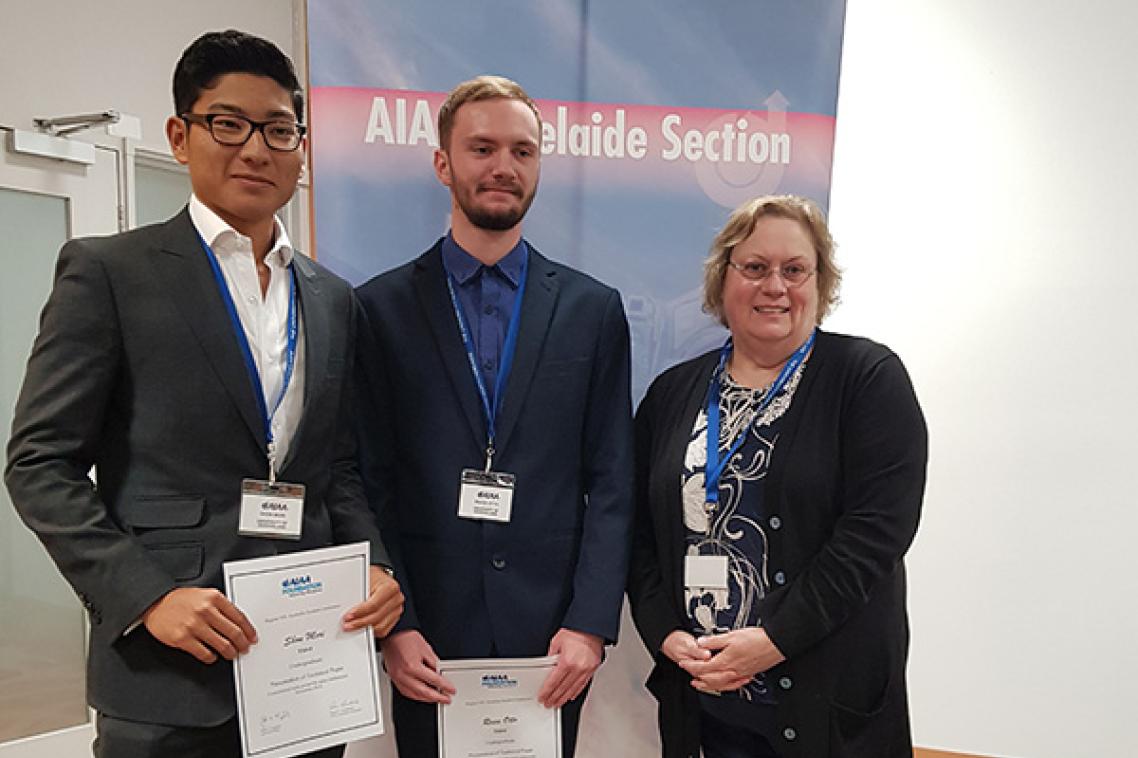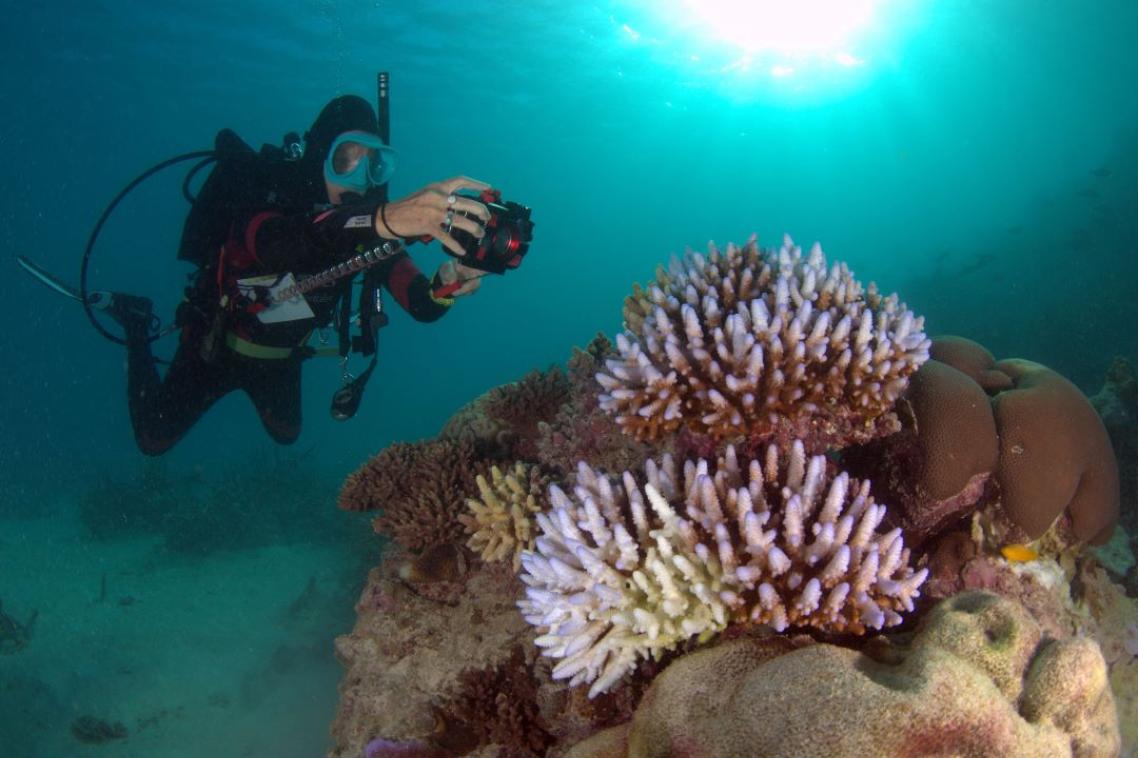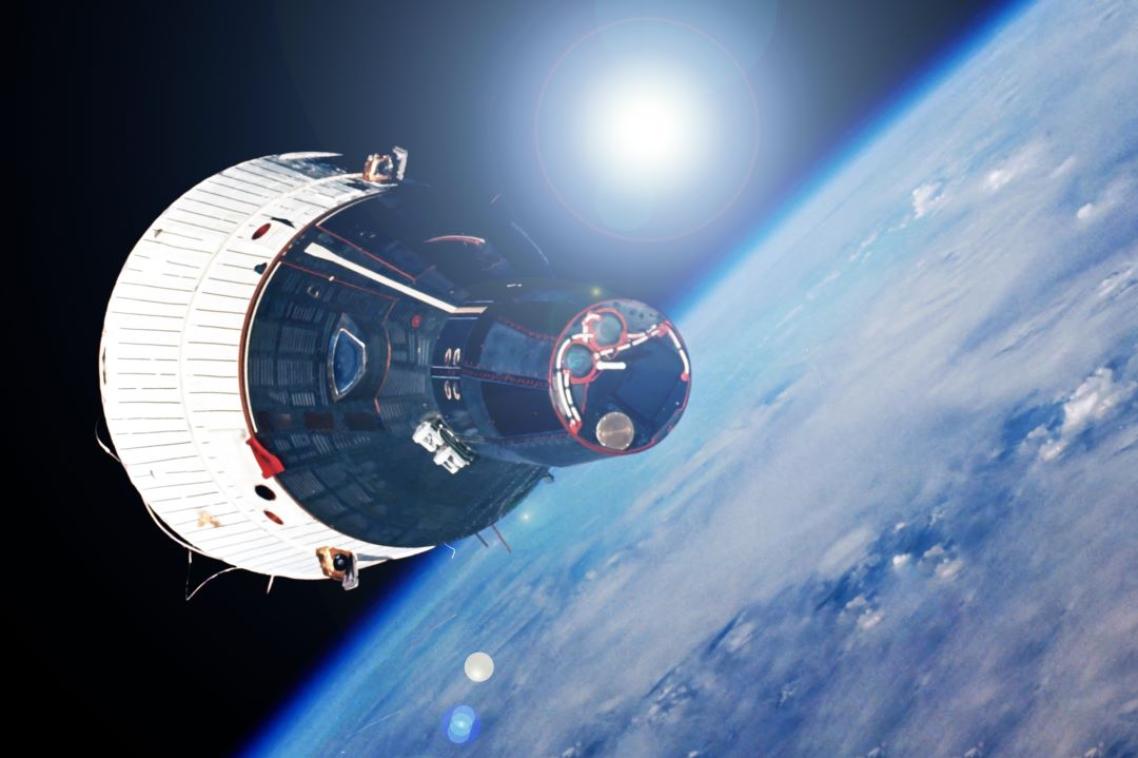Researchers exploring lighting lunar nights

Two University of Queensland students are exploring whether solar power could provide around the clock electricity and thermal energy for a moon base or settlement.
It’s one step in a research project by Mechanical and Aerospace Engineering students Reece Otto and Shon Mori to develop a versatile and scalable power solution for space settlements.
“Due to the sky-rocketing nature of space technological advancements, demand for power generation in space is increasing,” Mr Otto said.
“Our paper demonstrates that by using concentrated solar power in conjunction with thermal storage from moon rocks, we can provide electrical energy as well as thermal energy to heat habitats during the lunar night.
“If we can develop this power solution, it could create a number of possibilities for further space exploration and settlement.”
Student Shon Mori said their paper, “Concentrated Solar Power for Space Settlements”, took third place at the National American Institute of Aeronautics and Astronautics student conference at the University of Adelaide.
“The event and conversing with the PhD students at the conference has made me excited about the opportunities in research on offer at UQ and interstate,” Mr Mori said.
The project has received seed funding from the Dubai Future Foundation through guaana.com open research platform.
Media: UQ Communications, Paige Ashby, p.ashby@uq.edu.au, 0430 511 615.
Topics
Related articles

Thousands of Queensland reef photos lead to worldwide change

UQ to conduct world-first tests into effectiveness of magnetic heat shields for atmospheric re-entry of large spacecraft
Media contact
UQ Communications
communications@uq.edu.au
+61 429 056 139
